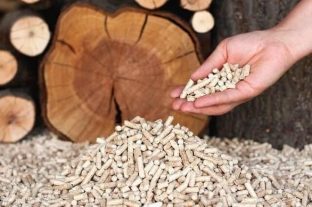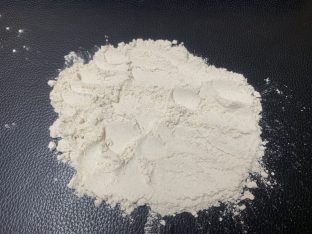Bamboo powder is a product made of bamboo trees that is crushed into powder. The most popular powder sizes today are 80 mesh and 100 mesh. Raw materials for production are bamboo trees that are cut and brought from the forest or used in bamboo products at factories.
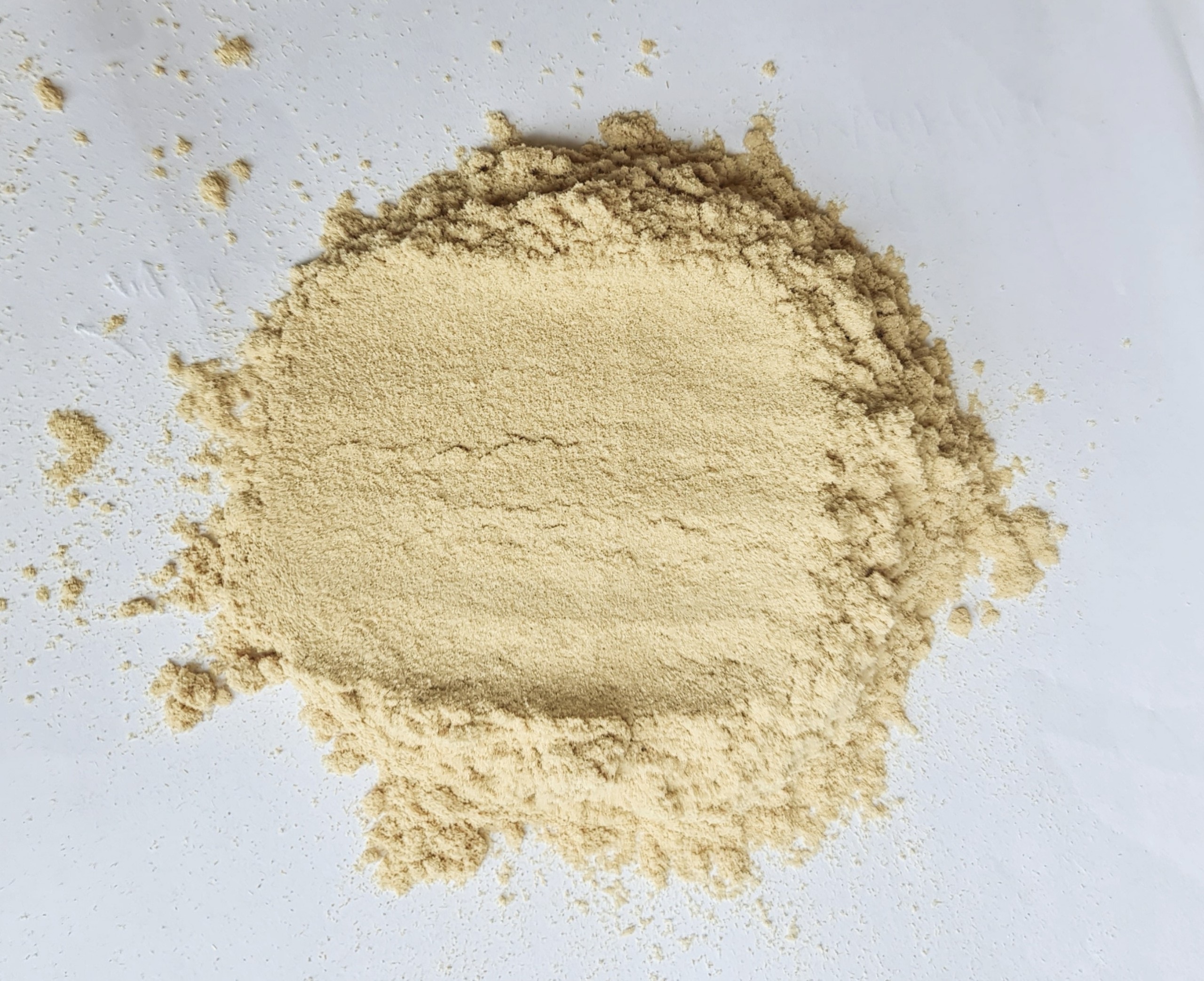
Finely milled premium bamboo powder with size 100 mesh
Currently, crushed bamboo powder is used for many different purposes, specifically:
MAKING TISSUE AND TOILET PAPER
In countries where forests are planted to provide wood for the paper towel industry, forests that are completely cut off are then cleared and replanted. Thus, the entire forest ecosystem will be lost and it is estimated that it will take at least 100 years after replanting for the forest ecosystem to recover to the level before it was cut. Many forests never recover from before.
Forests play an important role for life on earth. It’s home to thousands of plant and animal species, where it holds water and regulates the greenhouse gases that are warming the earth. About a quarter of the greenhouse gases produced by human activities are absorbed by forests worldwide. Therefore, maintaining and protecting forests is an effective and essential measure to maintain stable life on earth.
Most of the world’s major tissue or toilet paper brands are pursuing sustainability certifications for their products (albeit largely formal). It is produced from recycled or sustainably sourced materials. However, if the source is harvested wood, even if it is certified to be sustainable, it will still end up being felling of trees and deforestation. Meanwhile, there are still less impactful measures such as using recycled paper or materials that are more friendly than wood.
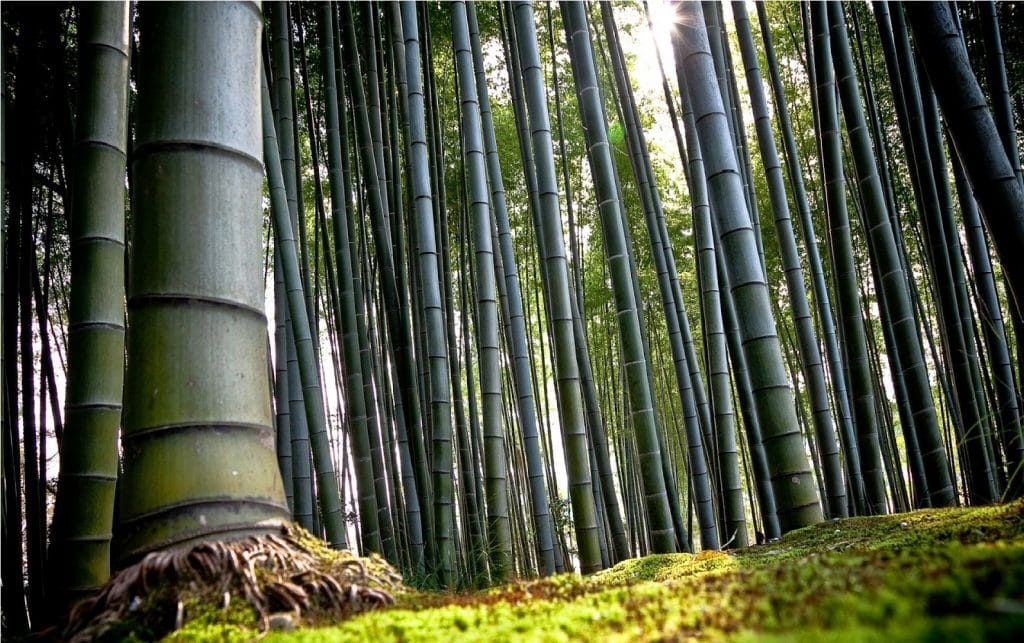
Inside a bamboo forest in Vietnam
However, the use of recycled paper in the production of tissues and toilet paper is becoming less and less because of consumer demand for softer tissues and manufacturers are also racing to make different types of paper. paper is more and more advanced to compete with each other. Although using recycled materials has less impact on the environment because there is no need to cut trees, use less harmful bleaching chemicals and less waste water, but manufacturers still prefer to use pure wood pulp from the forest. than.
Tissue companies blame consumers for not buying paper towels made from recycled products, but on the contrary, consumers are increasingly choosing higher-quality, softer toilet paper and tissues than before. . However, as environmental groups point out, companies are not only focused on meeting the needs of their customers, but they are also an important channel for educating and changing consumer habits. If they want they can be consumer oriented and responsible to create more sustainable products.
After years of being ignored by the West, bamboo is finding its way into many products including paper towels as a much more sustainable source of raw materials than forest trees. In terms of botanical taxonomy, bamboo is a herbaceous plant, i.e. a grass, so they are not considered woody plants.
But apart from the problem of classification and wording, using bamboo to make paper towels is more sustainable than forest wood in that it is the fastest growing tree species in the world. Bamboo trees in tropical countries have a growth rate 20 times faster than trees in temperate regions. Thus, the same area, growing bamboo will produce much more wood pulp than planting forests. That would reduce the clearing of primary forests or plantations in many countries to make wood pulp.
Bamboo grows even in places where the soil is lacking in nutrients, even in the improvement of infertile soils. And producing bamboo pulp produces 30% less greenhouse gases than wood pulp.
In many tropical countries, bamboo is grown by low-income midland hill farmers. Therefore, increasing the use of bamboo powder in production can increase the livelihoods of residents in these areas. To avoid deforestation or over-harvesting, producers are also interested in FSC certification (sustainable forest certification) or using products from managed small farming communities.
But, in the meantime, changing the habit of using toilet paper or paper towels made from bamboo is also very good, contributing to the reduction of products made from forest wood, and contributing to environmental protection. better school of life. Especially when we live in Asia, where bamboo powder does not need to travel too far to be able to produce paper and toilet paper made from bamboo pulp like Western countries. Therefore, using paper or products made from bamboo pulp will be more sustainable.
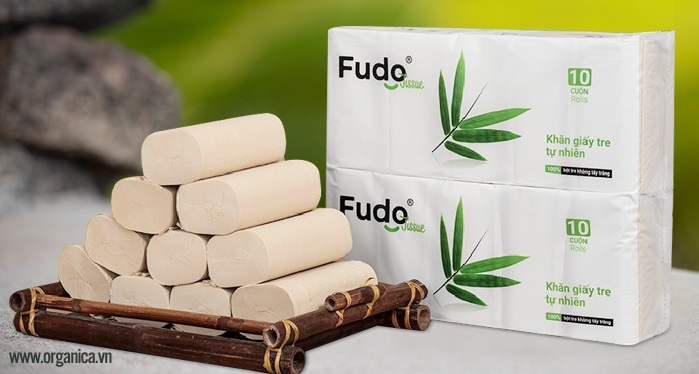
Napkins and toilet paper are made from bamboo pulp
MAKING BAMBOO FABRIC
Bamboo fabric is a natural fabric that is synthesized from cellulose powder from bamboo and added some other safe additives to make bamboo fiber and is completely environmentally friendly. Another idea is that bamboo fabrics are being misunderstood as natural fibers. Because it has gone through the “regeneration” process, like other viscose fibers, bamboo fiber is an artificial fiber regenerated from the cellulose fibers of bamboo through an advanced biotechnology process to form fabric fibers. use in the garment industry.
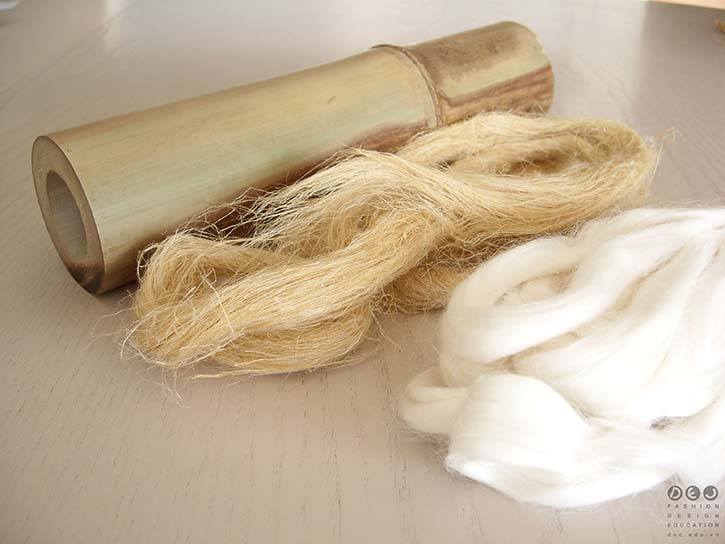
Bamboo fabric or bamboo fiber fabric is made from the cellulose fibers of the bamboo plant
In addition, bamboo powder is also applied in the fields of food, industrial plastics, household appliances, writing paper, ….
Coneco JSC provides bamboo powder products with the following specifications:
Material: 100% Bamboo
Particle Size: 80 mesh, 100 mesh
Humidity: Less than 6%
Ash: Less than 1%
Packing: 25-30kg PP/PE bag with inner plastic bag or 500kg jumbo bag with pallet
1 container 40HC: 21-30 tons
Regular supply capacity: 5000 tons/ 1 month
Certificate: Certificate of origin, certificate of fumigation, certificate of quarantine.


